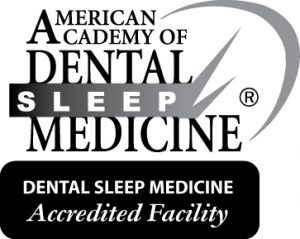TMJ (temporomandibular joint) Disorders
TMJ stands for temporomandibular joint, which is the name for each joint (right and left) that connect your jaw to your skull.
TMJ disorders are a family of problems related to a complex jaw joint. They occur when the joints of the jaw and the chewing muscles do not work in harmony. Early detection and treatment are important. Left untreated, TMJ can lead to more serious conditions.
Do You Have A TMJ Disorder?
- Are you aware of grinding or clenching your teeth?
- Do you wake up with sore, stiff muscles around your jaws?
- Do you have frequent headaches or neck aches?
- Does the pain get worse when you clench your teeth?
- Does stress make your clenching and pain worse?
- Does your jaw click, pop, grate, catch, or lock when you open your mouth?
- Is it difficult or painful to open your mouth, eat, or yawn?
- Have you ever had an injury to your neck, head, or jaw?
- Have you had problems (such as arthritis) with other joints?
- Do you have teeth that no longer touch when you bite?
- Do your teeth meet differently from time to time?
- Is it hard to use your front teeth to bite or tear food?
- Are your teeth sensitive, loose, broken or worn?
The more times you answered “yes”, the more likely it is that you have a TMJ disorder. Understanding TMJ disorders will also help you understand how they are treated.
Treatment
There are various treatment options that Dr. Chahine utilizes to improve the harmony and function of your jaw. Once an evaluation confirms a diagnosis of TMJ disorder, Dr. Chahine will determine the proper course of treatment. It is important to note that treatment always works best with a team approach of self-care joined with professional care.
Good oral hygiene and routine dental visits will maintain healthy joints and keep your perfect smile perfect!

